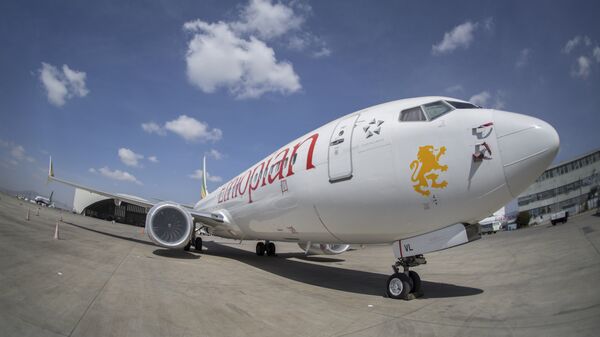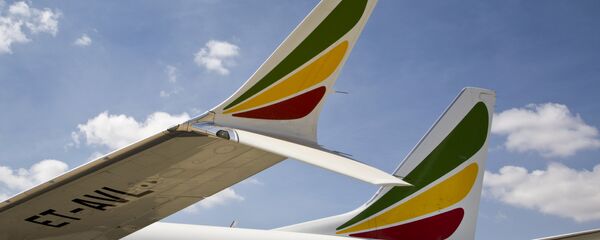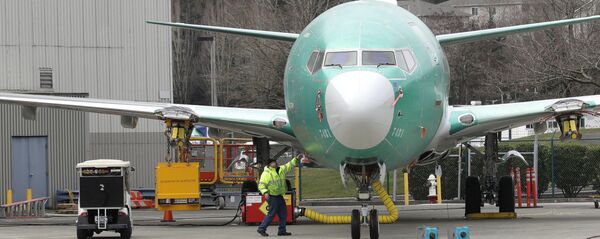In a grim detail reported by Bloomberg, crash payouts by Boeing and its insurers to the families of those killed in the plane disasters could be tied to the amount of time the victims knew they were going to die.
The reports surfaced as families of both the Lion Air and Ethiopian Airlines 737 Max crash victims initiated lawsuits against the manufacturer. Boeing shareholders have also filed a lawsuit alleging the company misled investors.
According to a Bloomberg Intelligence estimate based on prior cases, settling the claims could cost Boeing around $1 billion.
However, legal experts agree the payouts could be higher if evidence shows Boeing had prior knowledge of the flaws in the planes before the deadly crashes – something currently under investigation.
READ MORE: Boeing Hushed Info About Safety Alert Problems With 737 MAX for YEAR — Reports
Earlier, Boeing claimed that after airlines had been flying its 737 Max plane for a year, it discovered a safety alert in the cockpit was not working as intended, but opted to notify the Federal Aviation Administration and other airlines that used these planes until after the deadly Lion Air crash.
Bloomberg quoted Brian Alexander, a New York aviation lawyer for victims of the Ethiopian Airlines jet that crashed on 10 March, as saying:
“The bottom line is Boeing’s exposure is much more substantial than in any other case that I’ve been a part of in my quarter-century of representing families in plane-crash cases”.
Meanwhile, Robert Rabin, a Stanford University law professor, told Bloomberg: "While the precise causes of the crashes are still being determined, preliminary evidence is raising the liability risk for Boeing," adding that "it would be in Boeing’s best interest to settle.”
Currently, Boeing is finalising an update to a piece of software linked to both crashes, which aims to prevent erroneous data triggering the MCAS anti-stall system.
It is also working on a new pilot training package in a bid to convince global regulators and consumers that the model is safe.
The changes will need to be certified by aviation regulators before the jet is cleared to resume commercial flights around the world.




